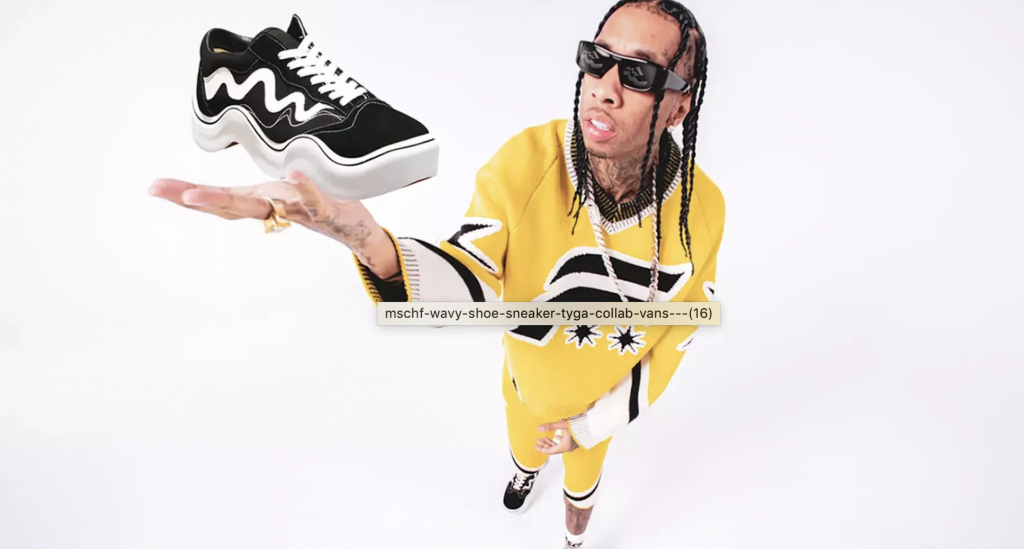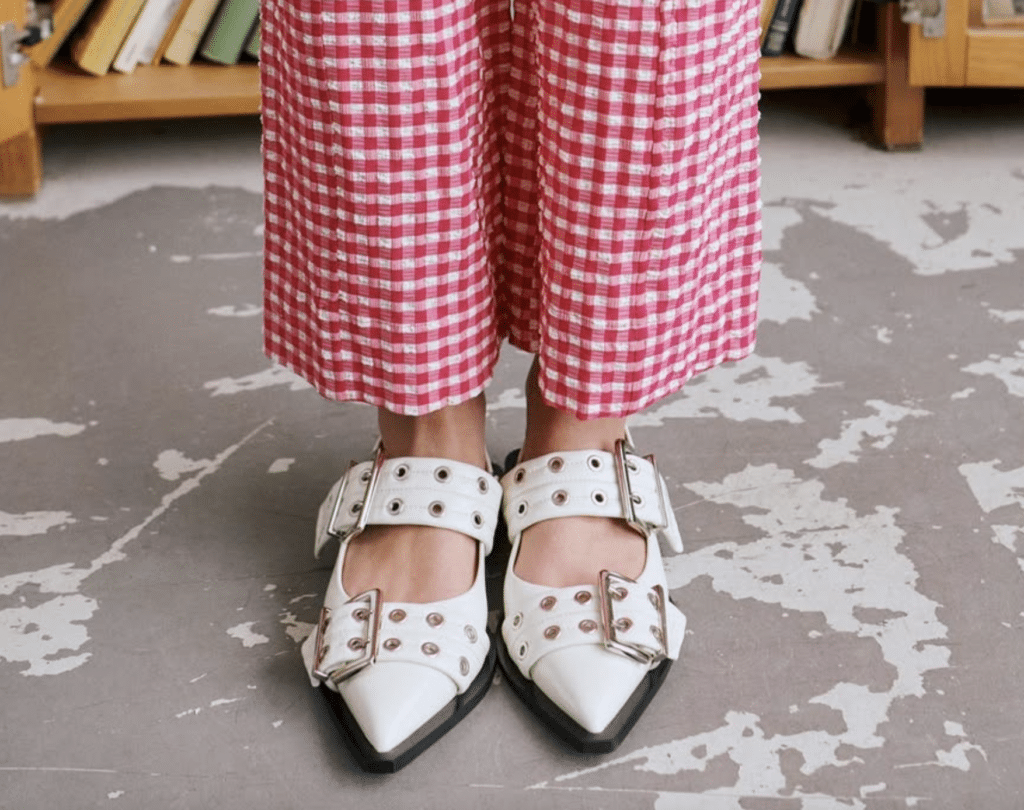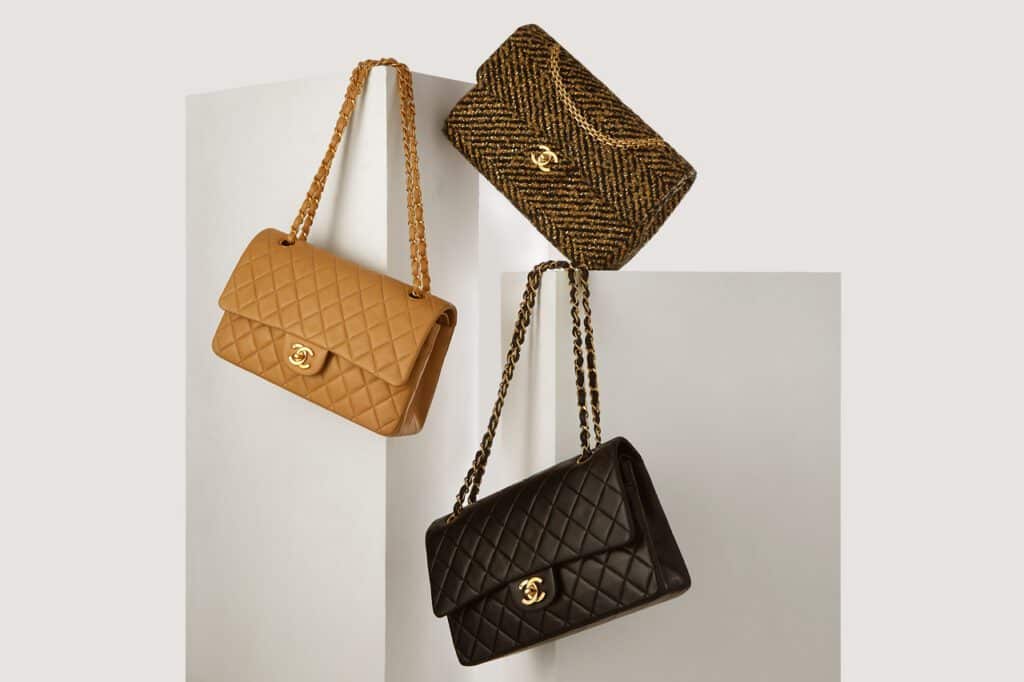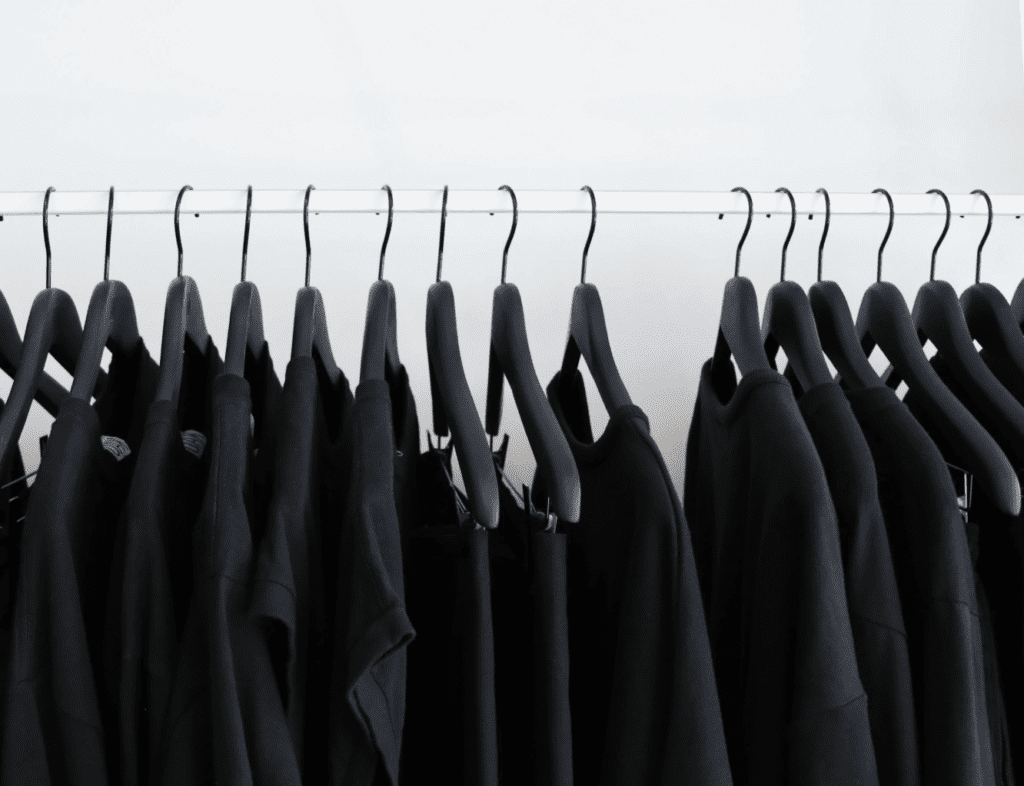A New York federal court has sided with MSCHF Product Studio, in part, in the latest round of its trademark fight against Vans. In a newly-issued memorandum and order, Judge William Kuntz of the U.S. District Court for the Eastern District of New York refused to find that the feather-ruffling art collective acted in contempt of the temporary restraining order (“TRO”) and preliminary injunction that the court put in place this spring, which barred MSCHF from advertising and fulfilling orders of the allegedly infringing Wavy Baby sneakers, and also required it to “reverse and/or cancel any orders for the shoes” that had been placed as of the time of the court’s order.
In a letter to Judge Kuntz in May, Vans argued that MSCHF was disregarding the April 29 TRO and preliminary injunction order by “continu[ing] to fulfill orders for, and ship, its infringing Wavy Baby shoes,” pointing to two MSCHF customers – and one Vans employee – who had allegedly received shipment notifications from MSCHF’s logistics provider in the wake of the court’s order. Against that background, Vans sought an order from the court that MSCHF was acting in contempt of the injunction.
Denying MSCHF’s motion in an order last month, Judge Kuntz primarily determined that despite Vans’s claims to the contrary, MSCHF did not violate the injunction order even though almost 2,000 pairs of the allegedly infringing footwear were shipped to purchasers after court issued its order. While Vans cited three instances in which “customers who ordered the shoes received shipment notifications that their orders had been picked up by a shipping carrier … approximately two weeks after the issuance of the order,” MSCHF claimed that it made “diligent, substantial efforts to comply with the [court’s] order and to reroute shipments of the Wavy Baby shoes,” including by trying to “track and redirect the shipments through direct and indirect contact … its manufacturing liaison in China and its logistics vendor in the U.S.”
While such efforts were “entirely without success” (and thus, 1,802 of the originally unshipped 1,912 pairs of the Wavy Baby shoes were delivered to purchasers), MSCHF argued – and the court has since agreed – that “its failure to halt the shipments … does not support a finding of contempt.”
According to the court, MSCHF “made reasonably persistent efforts to prevent the shoes from reaching the purchasers, attempted to halt the shipments, and sought to reroute the packages instead of having the shoes held at the warehouse,” and in fact, were informed by the manufacturer that “even prior to the entry of the injunction that stopping the shipments of the shoes would not be possible.” Nonetheless, Judge Kuntz found that MSCHF “continued to contact its shipping partners to reroute the packages,” which weighs in favor of a findings that MSCHF’s “actions do not warrant a finding of civil contempt,” even if its endeavors failed to prevent the delivery of the Wavy Baby shoes.
MSCHF’s Motion
In addition to denying Vans’s motion, Judge Kuntz also shot down MSCHF’s motion for a partial stay of the preliminary injunction in light of its pending appeal to the U.S. Court of Appeals for the Second Circuit. (MSCHF appealed the injunction order to the Second Circuit, asserting, among other things, that the Wavy Baby sneakers amount to “expressive works” that are not meant to be worn, but instead, were designed to serve as commentary on sneaker culture and Vans’ role in it.)
Refusing MSCHF’s motion, Judge Kuntz asserted that MSCHF “failed to carry the ‘heavy burden’” of demonstrating that a stay is warranted here. (The relevant test here, from Nken v. Holder, is: “(1) whether the stay applicant has made a strong showing that he is likely to succeed on the merits; (2) whether [the applicant] will be irreparably injured absent a stay; (3) whether issuance of the stay will substantially injure the other parties interested in the proceeding; and (4) where the public interest lies.”)
Primarily, the court stated that, as it set out in the preliminary injunction order, MSCHF is “not likely to succeed on the merits of its First Amendment arguments,” and its present arguments “do not disturb the court’s prior conclusion that the Wavy Baby shoes are not parodic expressions protected by the First Amendment” – this earlier determination by the court is at the heart of MSCHF’s appeal. “As discussed in the order, the Wavy Baby shoes … do not sufficiently articulate an element of satire, ridicule, joking, or amusement clearly indicating to the ordinary observer that [MSCHF] is not connected in any way with the owner of the marks,” according to the court, and thus, MSCHF “fails to meet the requirement for protected parodic expression under the First Amendment.”
At the same time, the court stated in its September order that it has already determined that the balance of the equities “decidedly weighs in [Vans’s] favor, [as] the consumer confusion resulting from the likely trademark infringement present here threatens loss of sales, reputation, and goodwill,” which are not “precisely quantifiable” or “precisely compensable” with money damages.
On the second prong, the court sides with Vans again, holding that despite MSCHF’s argument that the preliminary injunction is, itself, an unlawful “prior restraint” on its First Amendment rights, it has not demonstrated that it is likely to be irreparably harmed. Among other things, the court contends that the Wavy Baby sneakers, “the commercial products that are the vehicle for the purported expression here are not ‘often recognized’ as conventionally protected by the First Amendment” compared to leaflets, which were at issue in the Org. for a Better Austin v. Keefe case that MSCHF cites.
Turning to the potential harm at play, the court finds that the harm asserted by MSCHF – including because the stay makes it so that “the record of MSCHF’s art is incomplete,” and the “omission will inhibit the evaluation of MSCHF as an art collective and alter the perception of MSCHF’s breadth of creativity” – is “minimal,” especially given that MSCHF has asserted that the Wavy Baby shoes are “already famous by virtue of their appearance in the Freaky Deaky video, and images of Wavy Baby have proliferated on the Internet in part because of the publicity surrounding this lawsuit.”
In contrast, the harm for Vans in the absence of injunctive relief “would undoubtedly be substantial,” namely, per Judge Kuntz, who held that Vans already demonstrated a likelihood it will suffer “irreparable harm from the promotion of the shoes in the form of, inter alia, harm to [the] reputation, consumer recognition, and goodwill, [it has] cultivated over the course of 45 years and through millions of dollars in marketing.”
Finally, the court holds that injunctive relief “serves the public interest.” While MSCHF maintained that “the display and promotion of the Wavy Baby shoes, insofar as those efforts state the shoes are ‘not for sale’” will “dispel confusion as to the source of the shoes because their origin will be attributed to MSCHF,” the court finds that this argument “misconstrues the nature of the consumer confusion involved in this action.” According to the court, Vans has demonstrated that “consumers have misunderstood the source of the Wavy Baby shoes as a collaboration between [it] and [MSCHF],” and MSCHF’s subsequent argument that “further promotion will clear that confusion” is an assertion the court says is “unpersuasive.”
The court similarly denied MSCHF’s request to modify the preliminary injunction order to rescind the escrow requirement and require Vans to post security on the basis that it failed to demonstrate that an order to this effect is necessary to preserve the status quo pending appeal.
The parties are slated to appear before the Second Circuit on September 29 for oral arguments in connection with MSCH’s appeal.
The case is Vans, Inc. v. MSCHF Product Studio, Inc., 1:22-cv-02156 (EDNY).











